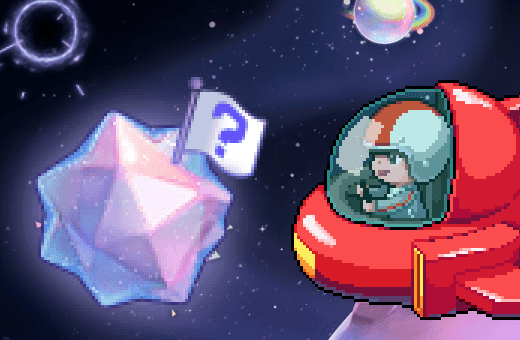# 1
Multiple Choice
What is the name of the theory that explains the origin of the universe?
- The Steady State Theory
- The Panspermia Theory
- The Big Bang Theory
- The Oscillating Theory
